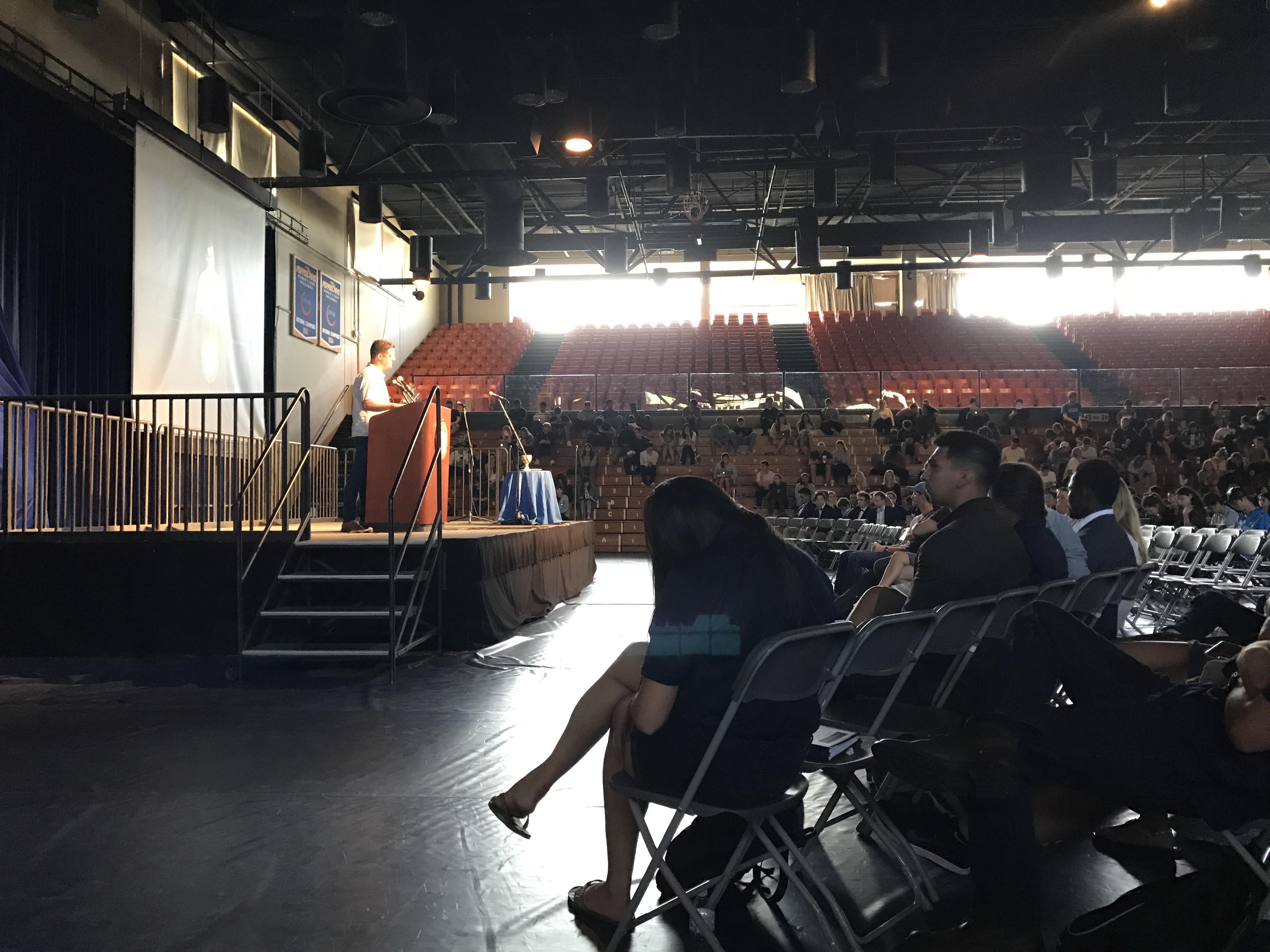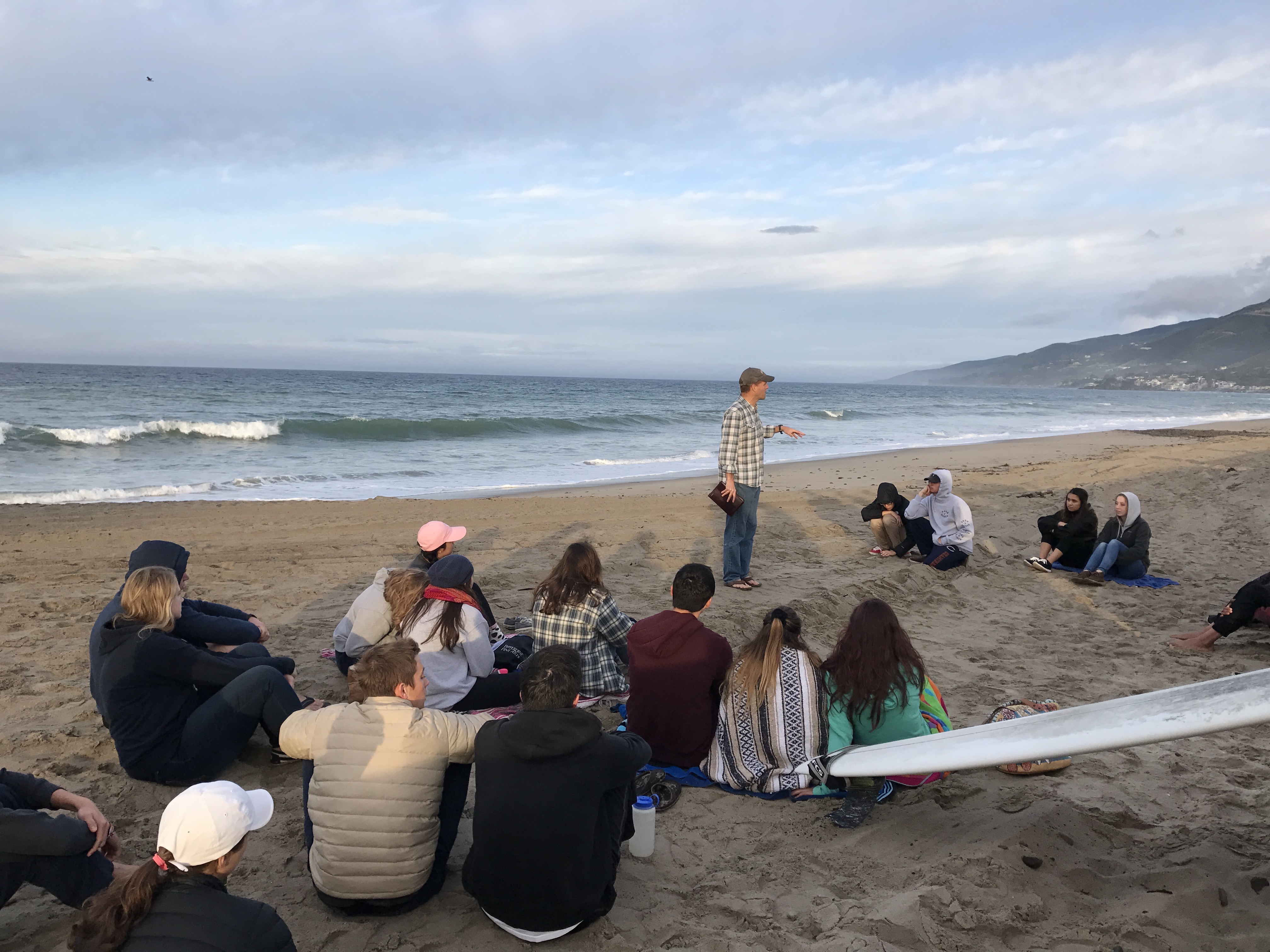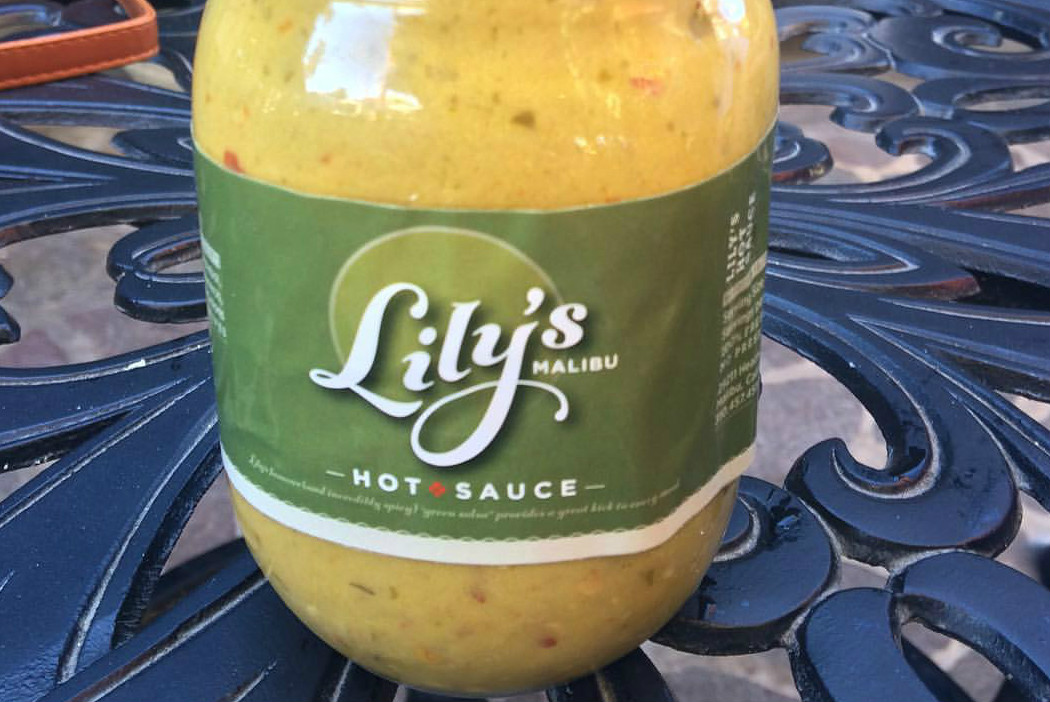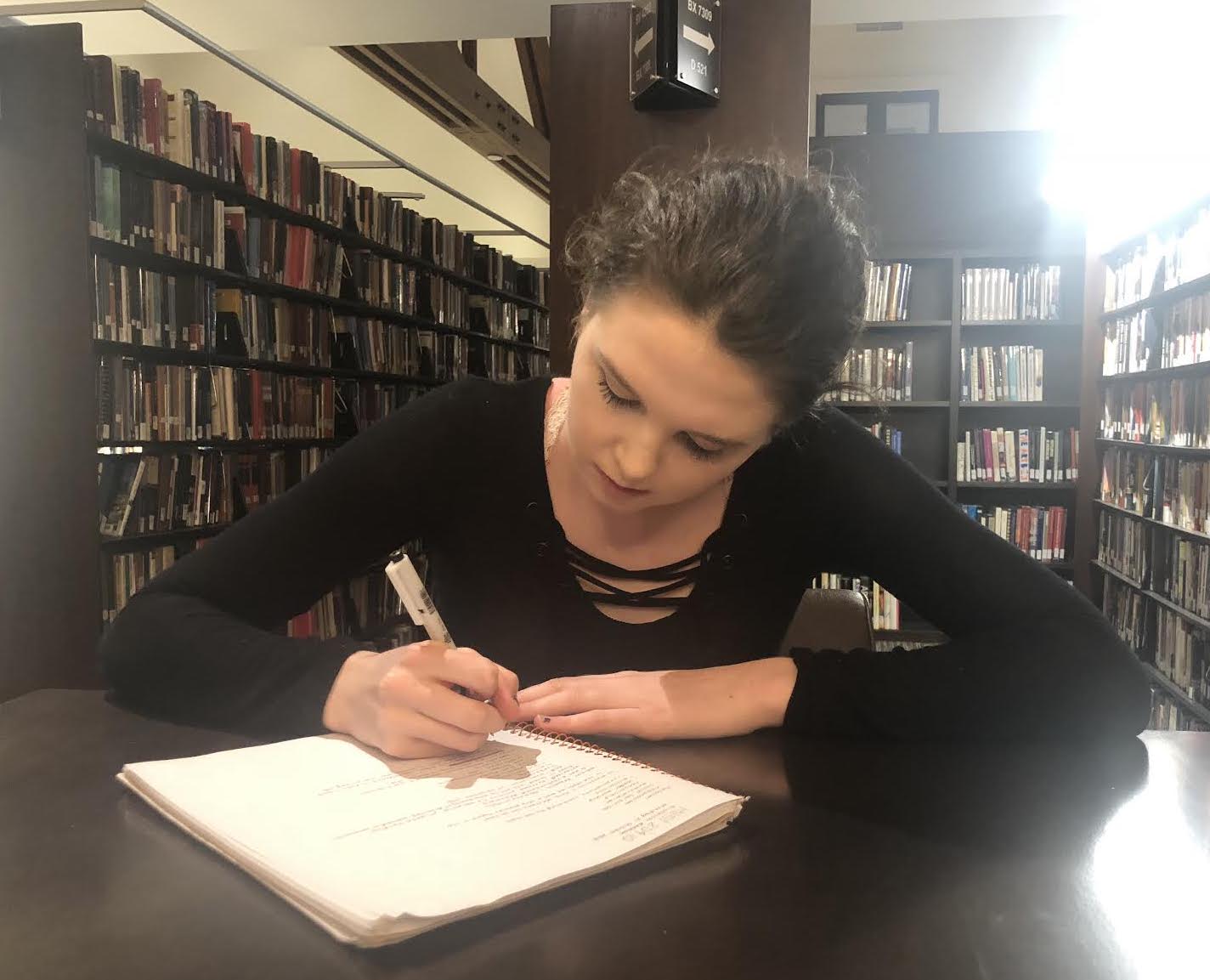
Within seconds of entering the Pepperdine University website, students are invited to find themselves, discover their potential, nourish their spirit, explore their character, and be part of the action.
But what exactly is the action at Pepperdine University? Behind the facade of expensive cars, prayer circles and the association with Zoey 101, what’s Pepperdine really like for the students who attend? How does reality jive with expectations?
The answer, of course, is different for everybody.
“Pepperdine is exactly what I expected from a small, Christian school,” first-year finance major George Mooney said.
Mooney came to Pepperdine expecting the party scene to be lackluster, Christianity to be prevalent and rules to be strict. While his expectations mirror his current reality, other students found the social scene to be more prominent than they expected, or the university culture more or less religious. It all depends on their starting place coming in.
How is Pepperdine marketed?
When senior business major Rebecca Melton made her first visit to Pepperdine, she said tour guides were slightly deceptive.
“They made it neutral,” Melton said, “so it would appeal to everyone.”
First-year Peter McCague is a tour guide at Pepperdine, and started about three weeks into his first semester. He said the primary focus of his job is to help prospective students make the best college decision they can based on his knowledge of the school.
“I’m not a salesman, McCague said. “If Pepperdine isn’t for them, I don’t try to get them to enroll. I simply give the facts and the perspective students use that knowledge how they please.”
Kristy Collins, dean of Enrollment Management, agreed that Pepperdine’s image may not be the right fit for everyone.
“For a student looking for a bigger campus or an urban setting, it would be more difficult to appeal to their vision for college,” Collins said.
Collins said there is not one specific image her office tries to exude. However, she emphasized that when marketing Pepperdine, Admissions tries to focus mainly on Pepperdine’s academics, the Christian mission and the relationships students can develop.
“We strive to differentiate Pepperdine from other universities and articulate what makes our university unique,” Collins said. “One thing we always discuss with prospective students is our close community and the personal interactions students have with staff and faculty.”
For those worried about Pepperdine’s social scene being non-existent, Collins stressed the ways students can get involved on campus, including Greek life, clubs, Campus Recreation activities and sports teams.
Social scene
Partying, however, is a stereotypical aspect of college life. At Pepperdine, given the dry campus and religious association, many people expected there to be a lackluster social scene. A Pepp Post survey of 51 students found that 43 percent indicated their expectations about Pepperdine’s social scene were met, while an equal number of people felt their expectations were not met or only met to a certain degree.
Students’ expectations seemed to match up with reality. Many indicated they expected Pepperdine to be religious, small and with few parties.
“I didn’t know what to expect,” said Sharifa Al Turki, first-year business major and international student from London, England. “There have been more parties on a regular basis than I expected, but not really the college parties I had imagined.”
Melton said she was surprised of how big the social scene was, but attributed her surprise to setting low expectations from the beginning.
Expectations coming in largely shaped reviews of Pepperdine’s social scene.
“I feel like I had low expectations so now that I’m here, my expectations have been exceeded,” first-year psychology major Baylee Frank said. “I was worried there would be no parties at Pepperdine, but I was wrong.”
Many students, however, said they were disappointed by the social scene on campus.
“There is no party scene,” junior business major Zack Rhodes said.
Mooney found what he expected.
“I thought it was a pretty dead campus to begin with,” Mooney said.
McCague said he is always honest with prospective students and parents.
“Students can find partying if they look for it,” McCague said. “Obviously, administration doesn’t want to promote underage drinking or partying but I think it is important to be honest and truthful if students ask about it.”
It is no secret these rules aren’t always followed. Some attribute this to wealth flowing through Pepperdine.
“You have a bunch of rich people creating a culture that is unrealistic,” Rhodes said.
This access to extreme wealth means access to many of the things Pepperdine prohibits.
“I see underage kids drop thousands of dollars every week on bottles of champagne for no reason at all,” Rhodes said. “At Pepperdine, it’s pretty normal.”

Religion
Students expectations about Pepperdine’s religiosity is a considerable factor in shaping their low expectations of Pepperdine’s social scene.
Collins said the Office of Admission is proud of the university’s Christian mission, which is a big factor in marketing Pepperdine to potential students.
“We are also a school with a Christian mission, so students who apply must be willing to engage in a dialogue about faith, spirituality and religion across the spectrum,” Collins said. “Even though we do not require students to sign a statement of faith, we do ask that they respect our mission and participate in conversations.”
Faculty and staff encourage students to commit to the Christian faith, Collins said, but it is not required. This gives students some flexibility regarding how they want to approach the religious side of Pepperdine.
“If you are a religious person, Pepperdine will be religious,” said Anthony Wells, senior journalism major and international student. “If you’re not that much of a religious person then Pepperdine won’t be. It all depends on what you bring to this school.”
The Pepp Post survey found that 45 percent of students had their religious expectations about Pepperdine met, while 35 percent indicated it was less religious and 24 percent said it was more religious than they anticipated.
McCague agreed with Wells’ opinion on the matter.
“I tell them that it is as religious as they want to make it,” McCague said. “Yes, we have convocation and religion course requirements, but I let them know that once they complete those requirements they don’t have to do anything else if they don’t want to. Depending on if I think the family asking is religious or not, I will talk to them about my own beliefs and how I am not religious but I still enjoy the school.”
Sophomore business major Marko Asic was slightly trepidatious when coming to Pepperdine, given its Christian reputation and convocation requirement.

“I kinda thought we would have to take convo super seriously,” Asic said. “I thought we would have to go to church every week. I thought the students here would be way more religions but they’re not and they don’t get in your face if you aren’t as religious as they are.”
Convocation was a common concern students said they had coming in.
“The fact that it is forced makes me less interested in exploring my relationship with God at this school,” Frank said.
Based on her interactions with students and the religious scene on campus, Al Turki said she thinks students care less about religion than the university may indicate. She said students on campus with deep religious views are a minority.
No single person can define life at Pepperdine — everyone has a different experience. Whether that means going to Bible study every week or going out partying, Pepperdine is a community of diverse experiences and even more diverse outcomes.
“My life here is nothing like what I had envisioned,” Frank said. “It is not to mean that that original idea I had was a bad one, but it’s just been different.”
Josie Lionetti completed this story under the supervision of Dr. Christina Littlefield in Jour 241 in spring 2017.



